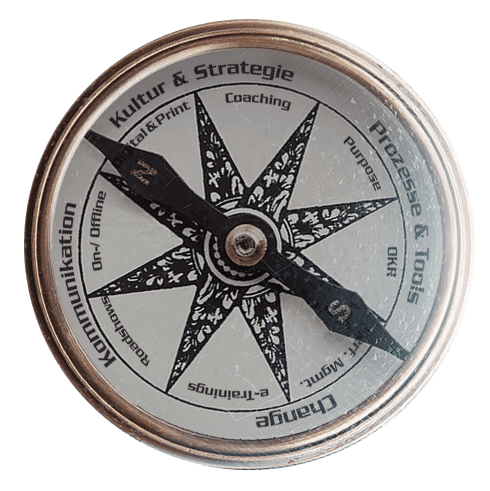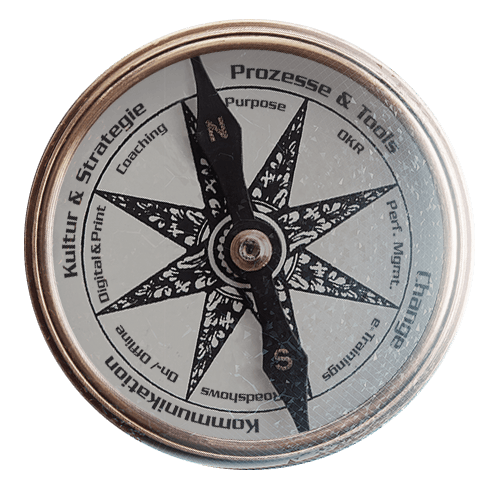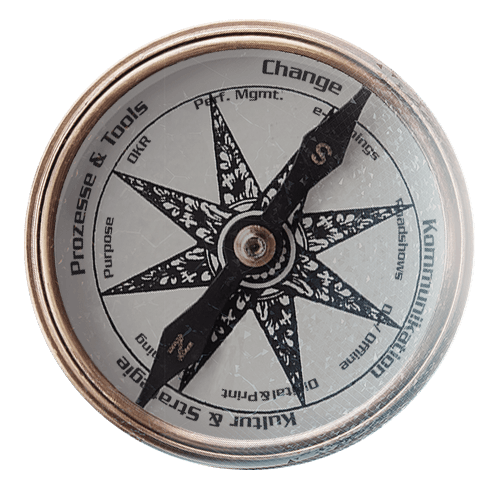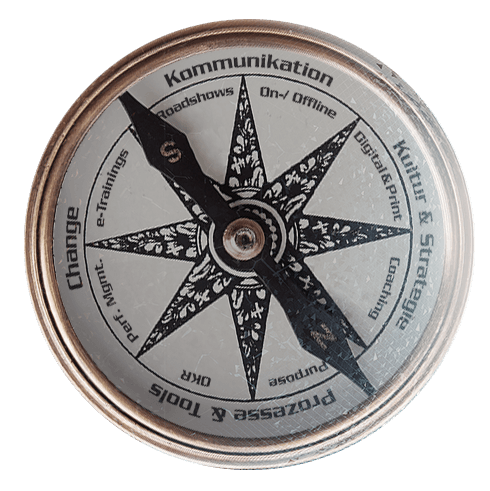Corporate culture
What is part of a good corporate culture?
A good
corporate culture
reflects the principles and values of an
organization
that have been formed over the years. They are thus
the be-all and end-all
for
real transformation. People strive for more
tolerance
and
responsibility
for
themselves
and their
environment.
Leadership
plays an important role in a
strong corporate
culture, which is why we often focus on
leadership coaching
when we help companies change their culture.
A
successful company
is usually characterized by a
positive corporate culture, and the list of examples is almost endless.
But why do some companies succeed better than others? How can you change the existing corporate culture with your company and achieve
ideal corporate culture?
The following questions need to be asked here:
What is part of a good corporate culture?
It is based on factors such as shared
values,
attitudes
and
social norms, which have an influence on the employees of an organization.
What
characteristics, behaviours, and
values
result from your
company's culture?
The bigger the gap, the more difficult the change will be. Rabl & Hahn transforms global companies in their cultural change.
RABL & HAHN: WE DELIVER PROOF OF A SUCCESSFUL TRANSFORMATION EVERY DAY. LEARN HOW TO CHANGE YOUR COMPANY NOW!
PURPOSE
A purpose is the north star of a company and describes its deeper meaning – the “why”. It is the great common denominator and engine of an organization, far more than lip service.
The purpose requires a sustainable and long-term establishment in the corporate culture.
The Purpose answers the following questions: Why do we exist? What are we needed for? What difference do we want to make in this world?
OBJECTIVES & KEY RESULTS [OKR]
An OKR working model creates the bridge between the ambitious goals and the operational "doing" of the employees. It defines the concrete results of each individual in order to implement a company's strategy.
This cross-functional cooperation creates transparency, clear tasks, priorities and eliminates secondary theaters of war.
VALUES & BEHAVIOR
Values don't just specify how employees behave in order to achieve the mission. They are the foundation on which all forms of entrepreneurial and individual action as well as the basic attitudes of the company are based.
They are therefore attributes that shape the corporate culture both internally and externally.
We offer the strategic conception of values as well as their implementation in training and workshops.
LEADERSHIP TRAINING
A culture change begins and ends with the executives and their Leadership. It takes sincere self-reflection, enthusiasm for constant change and only bears fruit if it is lived on a daily basis.
Find out why numerous corporations and hundreds of top managers rely on Leadership coachings from Rabl & Hahn:
We offer Leadership impulse lectures, basic / group seminars and individual coachings.
LEADERSHIP IMPULSVORTRAG
Many companies use "impulse lectures" to arise self-reflection and enthusiasm with the Mngt. It addresses the right messages, stimulates reflection, provides orientation and can arouse enthusiasm. A keynote speech can address a wide variety of topics. Here's an example:
Traditional decision-making structures often become the brake block for any innovation. Because in the end it is usually the highest level in the hierarchy that decides. Other voices are nipped in the bud - to the discomfort of the organization and the frustration of the workforce, network partners and suppliers.
True to the motto: "Let data drive decisions, not the highest paid person's opinion", this video is dedicated to executives. Perhaps one or the other will even recognize themselves in it?
KEY NOTES
A change is supposed to be fun, trigger enthusiasm in the workforce and involve people. Because everyone wants to be an important part of a community.
Key notes help to take people on a journey and pick them up where they are, so that change is actively promoted by as many people as possible.
Here is an example: In this key note, Philipp Hahn speaks about the formative influences of our time and why corporate culture is a key to shaping the future.
BUILDING BLOCKS FOR SUCCESSFUL CULTURAL CHANGE.
CORPORATE STRATEGY
Corporate strategy development is the core task of top management in order to move from the current "actual state" to a strategic "target state".
There is no silver bullet for a strategy, because every company has different goals / structures and historical backgrounds - it is therefore tailor-made for every company.
CHANGE STRATEGY, ACTION PLAN & INTERNAL COMMUNICATION
A holistic cultural strategy takes the needs of all stakeholders into account and includes important influencing factors such as for example different personality types and attitudes or fears. Because everyone "ticks" differently and expects a different approach.
In order to actively involve as many people as possible in the change and to be able to convey fun, it is important to put together the right mix of measures.
LEARNING CULTURE
A learning culture is the sum of common social norms and values that affect the actions and attitudes of employees.
However, we can only really "learn" something new if we leave our comfort zone.
Let Philipp Hahn inspire you to leave your comfort zone in this short video.
DATA-BASED DECISIONS
Every company collects a lot of data and yet many decisions in companies are made based on gut feelings or ego. What is important is what is decided, not at which level!
Through long-term awareness, information, training and empowerment of employees, managers and employees become data heroes.
MULTIPLIERS, CHANGE / CULTURE AGENTS
Competent support for changes in companies is a complex challenge and goes far beyond people, processes and technologies. It takes employees who drive change across all departments and functions.
In trainings and workshops, these multipliers or change agents learn how to design and fulfill this important role in the best possible way.
FEEDBACK CULTURE
Open exchange is one of the most important prerequisites for successful cooperation.
Sending feedback alone is not enough. The feedback must be accepted and processed. Just as important is the feedback, i.e. the response to the feedback provider – across all hierarchical levels. The processing of this also needs to be learned.
GENERATIONAL CHANGE
We are in the midst of a generational change. Generation M will leave the companies in the next decade.
The generations X, Y, and Z move up. It is important to understand and take into account the needs and working methods of the different generations. Make generational change part of your transformation process.
DIVERSITY
Heterogeneous teams with a wide variety of backgrounds (well beyond LGBTQ+), which are characterized by diversity, drive innovation, knowledge and a head start.
The individual strengths of the team members make it possible to promote creativity and jointly drive the success of the company forward. Diversity is an important growth factor for any organization.























